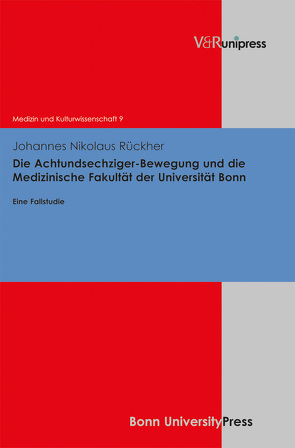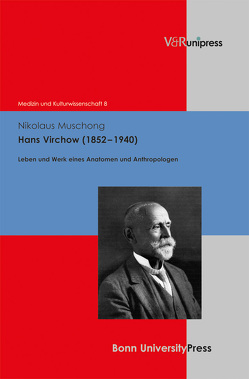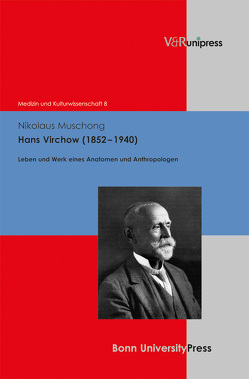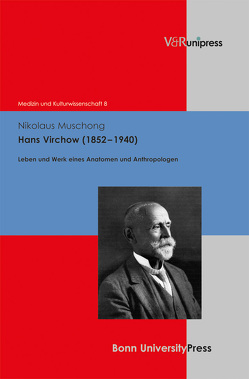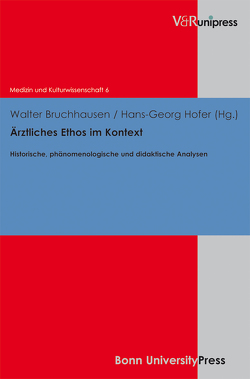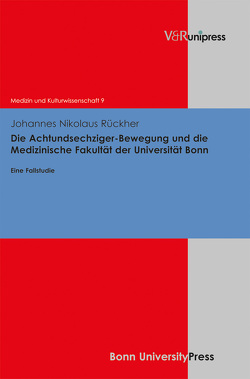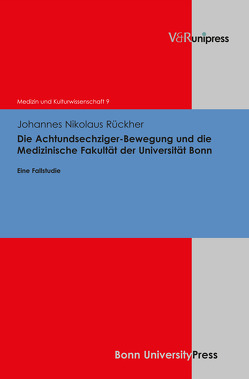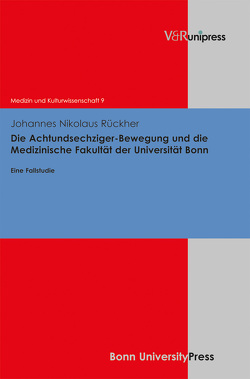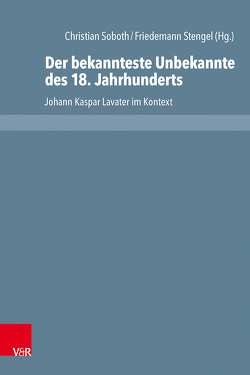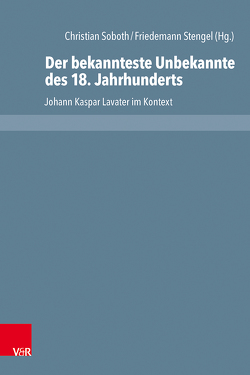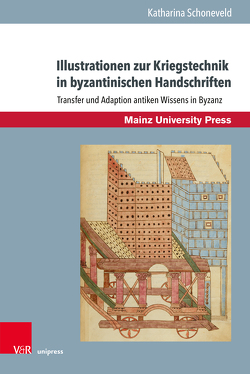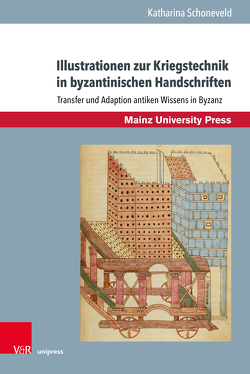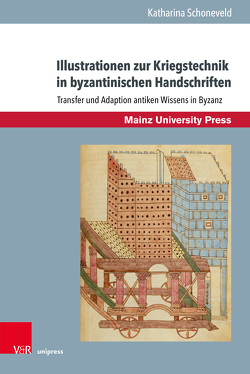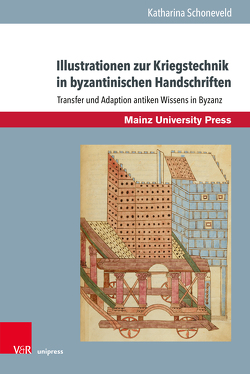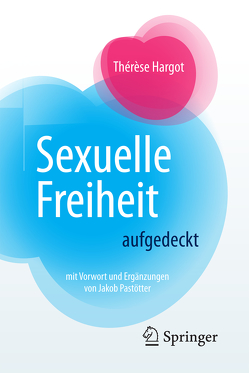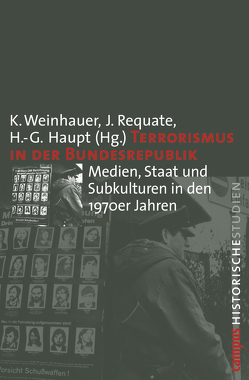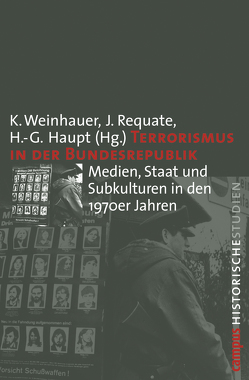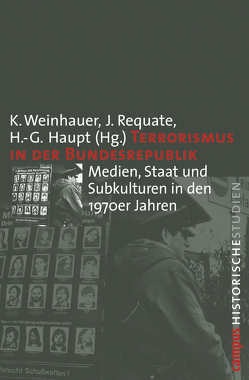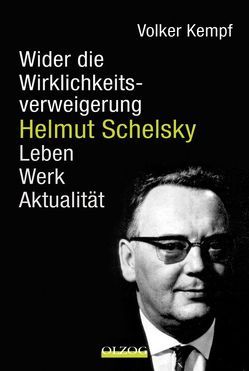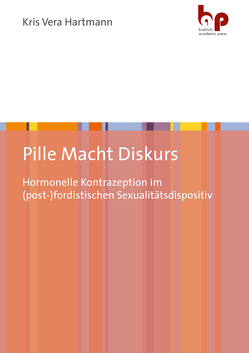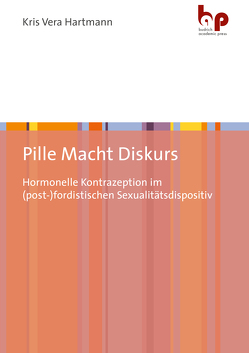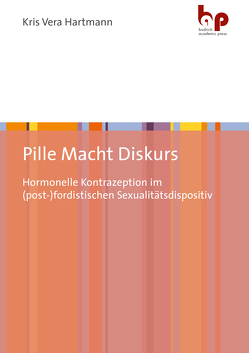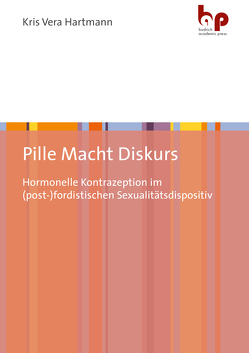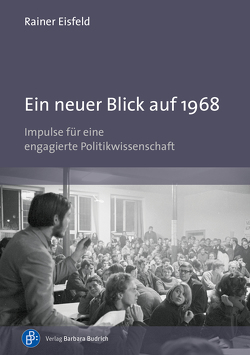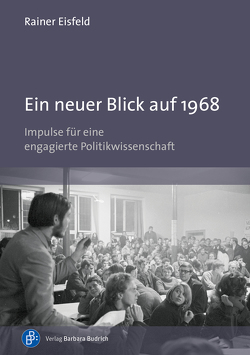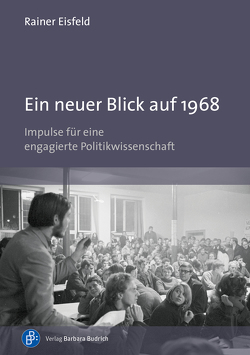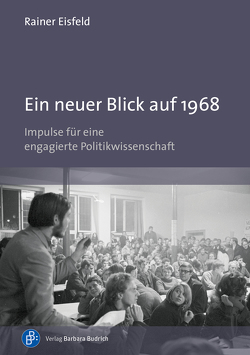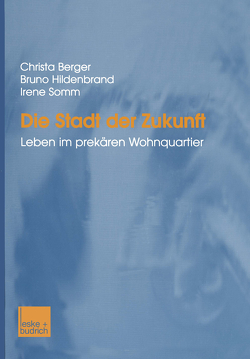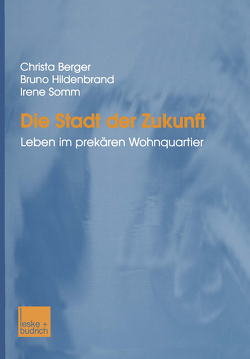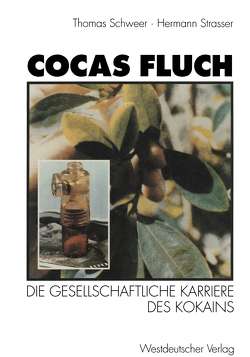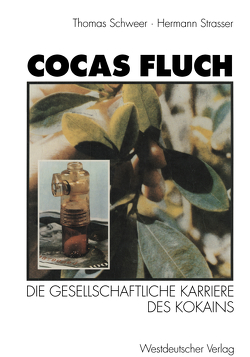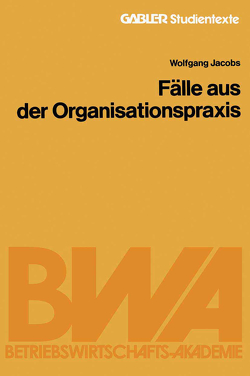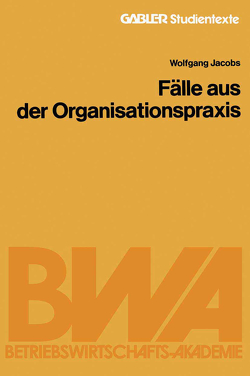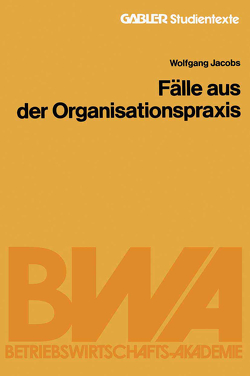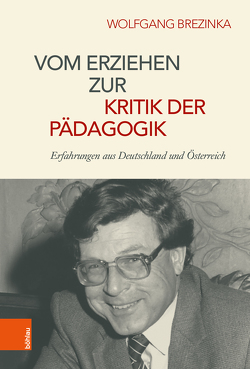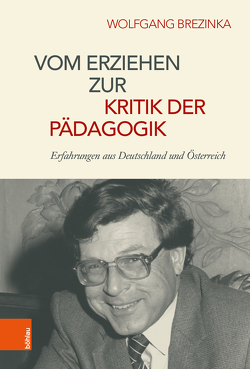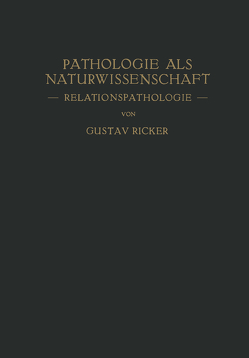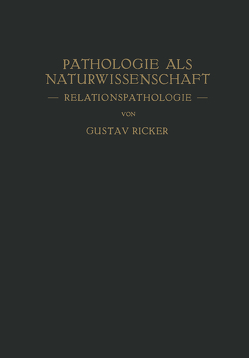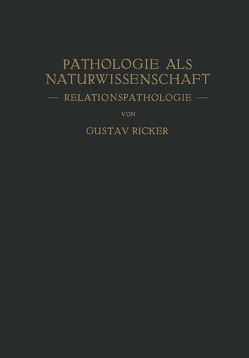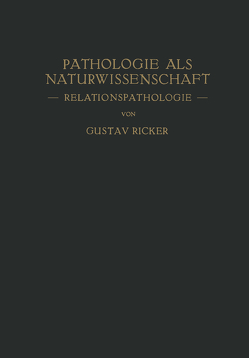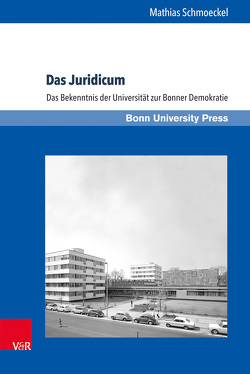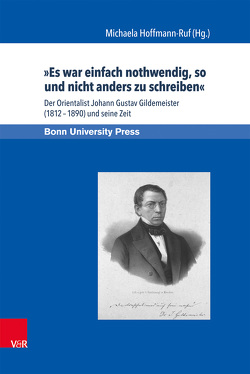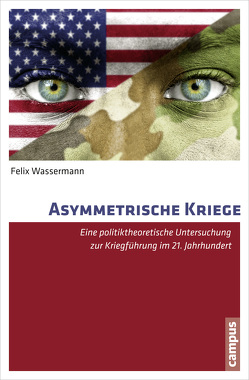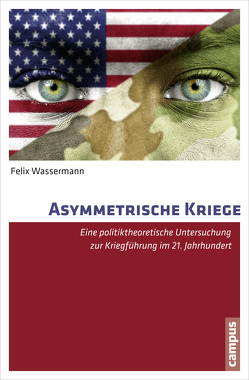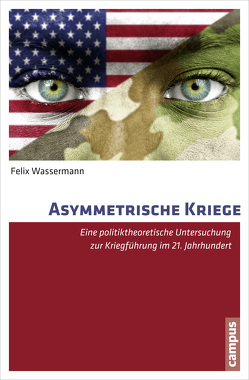Die Achtundsechziger-Bewegung und die Medizinische Fakultät der Universität Bonn
Eine Fallstudie
Walter Bruchhausen, Johannes Nikolaus Rückher, Heinz Schott
Abseits der klassischen Hochburgen der bundesdeutschen 68er-Bewegung artikulierte sich an der Medizinischen Fakultät der Universität Bonn der Protest auf eine zuweilen defensive, aber nicht minder wortgewaltige Art. Die Missstände in der psychiatrischen Versorgung waren der wichtigste Kritikpunkt an der Gesellschaft. Darüber hinaus gab es weitere Anlässe für Kritik: Konflikte mit Professoren, Diskussionen um bessere Studienbedingungen und die Demokratisierung der Hochschulen erlauben Einblicke in das Lebensgefühl der damaligen Studentengeneration. Berufsverbote für politisch linke Ärzte, die Bewertung von Drogenkonsum und Industrieforschung an der Universität sowie die »Pille« als sexuelles Revolutionsmittel ermöglichen einen detaillierten medizinspezifischen Blick auf eine lokal und fachlich eng definierte Studentenklientel, die sich den damaligen Umwälzungen und radikalen Infragestellungen der bestehenden gesellschaftlichen und politischen Ordnungen nicht entziehen konnte und wollte. Remote the classical strongholds of the sixty-eightie’s movement within the Federal Republic of Germany, protest against political and social conditions of that time was anunciated in a subject-specific, occasionally defensive, but nevertheless verbally tremendous manner at the Medical Faculty at the University of Bonn. The deplorable state of affairs concerning psychiatric care was the most important and suggested issue for medicine students for attacking society with its supposedly ill-fated tradition of suppression. Not only psychiatric care, but also several different reasons for criticism and protest were traced: Conflicts with members of staff, discussions in order to improve the medicine course and a democratization of universities allow to gain an insight into the student awareness of life at that time. Left-wing doctors being banned from their occupation, the assessment of drug-taking and industry research at the University of Bonn and „the pill“ as a means of sexual revolution enable – besides other critical topics – to a detailed medicine specific view onto a local and specialist narrow-defined student clientele. In spite of a possibly status-related conservative conviction leaving their mark on the student body of Bonn’s medical faculty, the students could not and did not want to remove themselves from both, the radical questioning and revolution against the prevailing social and political order at that particular time.
